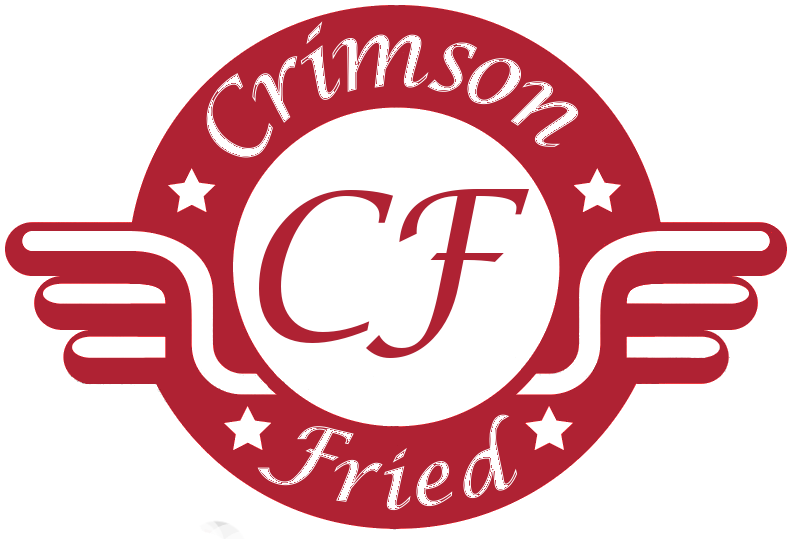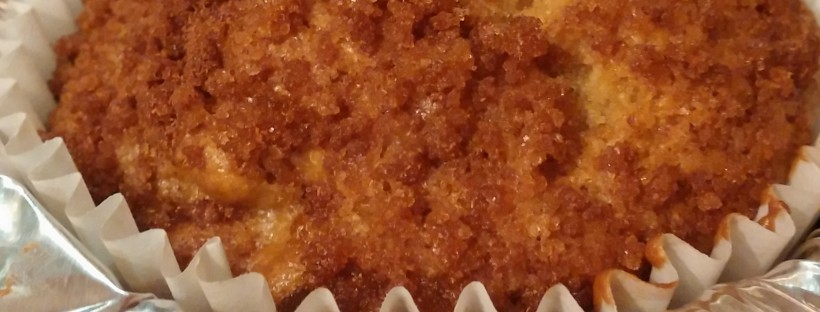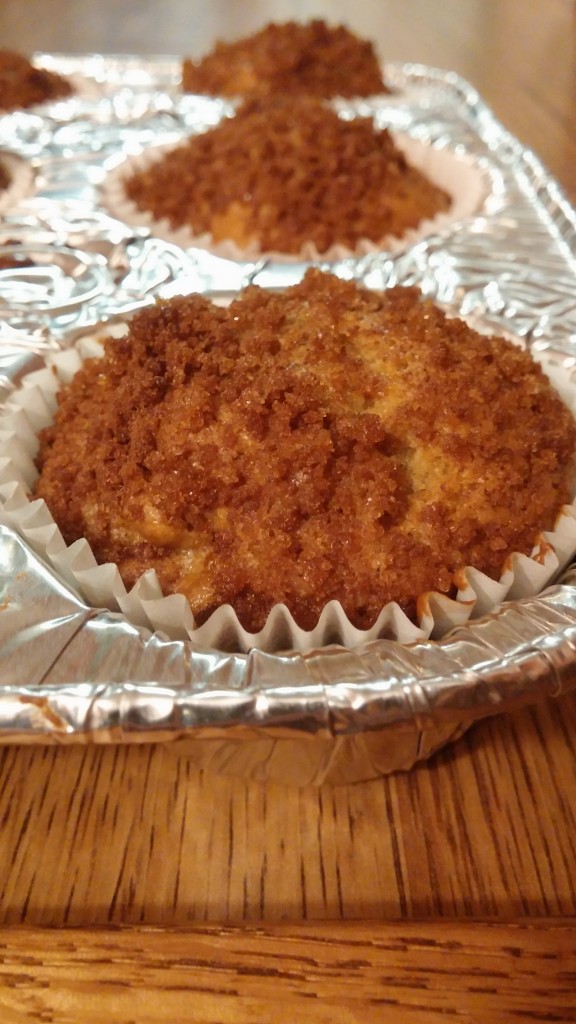“Through engagement with mortality—engagement with the life-and-death cycles of raw cooking ingredients both practically and metaphorically—I can encounter
the divine, or pure spirit.”
–Jordan Shapiro, The Eco-Gastronomic Mirror: Narcissism and Death at the Dinner Table
In The Eco-Gastronomic Mirror, Jordan Shapiro claims that the gastronomic experience is inherently narcissistic. Every time humans eat food, we reinforce our superiority over the rest of the food chain. Shapiro describes picking an orange from a tree and feeling a sense of divine power by taking away its soul and “cut[ting] off the life force” (54). Additionally, Shapiro believes that taking food away from nature and using it for our own purposes makes it impossible to claim that our food is “natural.” On the other hand, he does not offer his own opinion about how we should view and consume food. Unlike Arizona’s isolated “Biosphere 2” project, our world does not exist in a laboratory where every condition is meticulously controlled and human effects analyzed. There is no way to survive in the real world without being a consumer of it.
Food ought to be consumed as responsibly as possible, but because humans are simply another part of the natural world, there is not a moral imperative to avoid consumption. Moreover, I disagree with Shapiro’s assertion that eating food is akin to taking away life. As a vegetarian, I view my eating experience as a necessary energy transfer that keeps me alive, rather than an action motivated by either “postindustrial corporate economy” or an “impending environmental tragedy” (58). Attempts to preserve food by canning, fermenting, or drying is an often necessary practice depending on region, whereas I see Shapiro’s point that these processes are a denial of imminent death as a stretch and an overstatement.
Keeping my and Shapiro’s differing viewpoints regarding food preservation in mind, I decided to bake banana beer bread. Shapiro describes his mother urging him to “eat the brown squishy parts of the banana, calling this rotting ripening” (55), and later discusses the perceived value of fermented products, beer included, especially as they age. Shapiro questions why we enjoy food that he views as dying in our hands, but I believe that there is beauty in finding a use for food that those concerned with pristine appearances would otherwise discard.
“No-Good-Dirty-Rotten” Banana Beer Bread
Adapted from Life Food and Beer
Recipe:
2 ½ c flour
1 t salt
1 t baking soda
¼ c butter
¼ c plain Greek yogurt
2 mashed bananas
1 ¼ c sugar
1 t vanilla extract
2 eggs
½ c Avondale Brewing Company Vanillaphant (beer)
1/3 c brown sugar
1 t cinnamon
1 c chopped walnuts (optional)
Preheat oven to 350 F. Mix butter, bananas, vanilla extract, eggs, sugar, beer, and yogurt in one bowl. Softening the butter first will make this process much easier, as will an electric mixer. In a separate bowl, mix flour, salt, and baking soda. Add the dry ingredients to the first bowl and mix well. You can add the ingredients gradually, or if you are impatient like me, simply pour them all in at once. At this point, you can also stir in chopped walnuts. Next, pour the batter into a greased loaf pan or a muffin tin. In a third bowl, combine brown sugar and cinnamon. Sprinkle the brown sugar and cinnamon mixture on top of the batter, and swirl if desired. Bake bread for approximately 45 minutes in the loaf pan, and approximately 20 minutes if bread is in a muffin tin.



